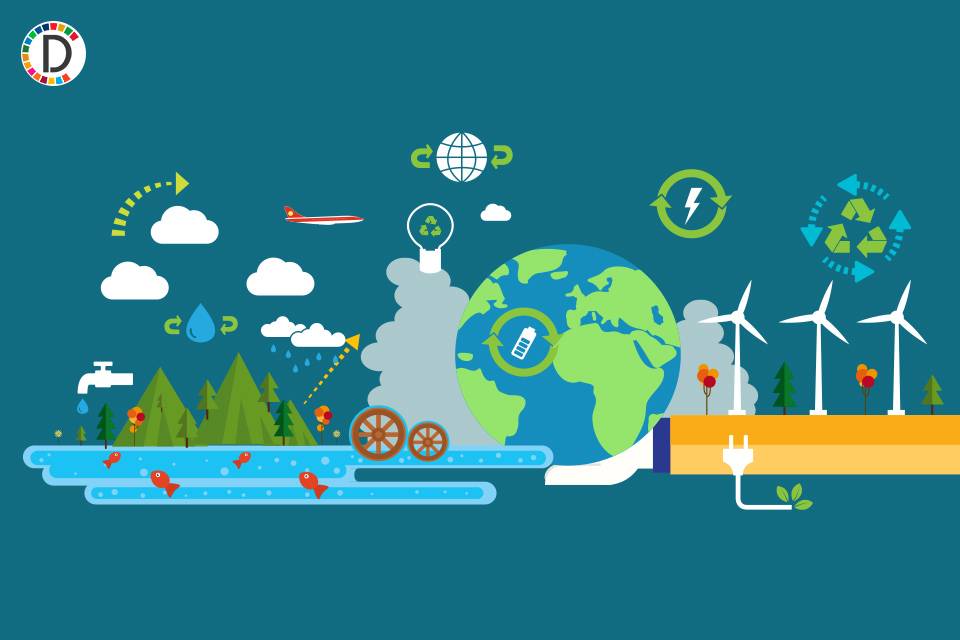Domes in Limburg: Testing the Future of Pear Farming
In Limburg, Belgium, researchers use transparent domes to simulate the effects of climate change on pear farming projected for 2040. Early results suggest minimal impact on pear quality but noted changes in ecosystem functionality. The three-year experiment aims to help growers adapt to future challenges like heatwaves, droughts, and irregular precipitation.

In Belgium's Limburg province, an unusual sight stands tall in one of the region's prime pear orchards: 12 transparent domes elevated high above a lush nature park.
Researchers inside these domes are simulating future climate conditions to understand how global warming will affect pear farming by 2040. 'We expect more heatwaves, droughts, and floods, as well as slightly higher temperatures,' said Francois Rineau, an associate professor at the University of Hasselt.
Early findings from the 2023 harvest indicate that Belgian pears might escape the most severe effects of climate change, which poses a threat to crop yields and increases irrigation costs. However, differences in ecosystem functioning, such as an earlier growing season leading to more CO2 absorption, were noted.
(With inputs from agencies.)
ALSO READ
Punjab farmers facing artificial crisis, ecosystem of an agrarian state disturbed: AAP
SIA-India, Protoplanet ink pact to boost India's space ecosystem
2024: The Hottest Year on Record - Global Warming Challenges Persist
Jitin Prasada Inaugurates 4th IIGF with Vision for Secure, Sustainable, and Inclusive Digital Ecosystem
IDS Hosts Workshop on Energizing India’s Semiconductor Ecosystem for Self-Reliance in IC Chip Manufacturing










